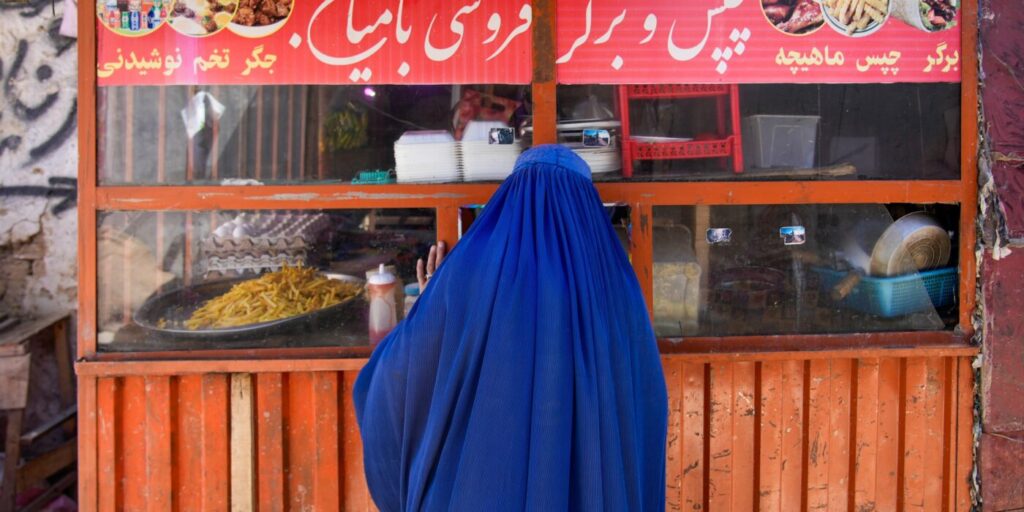New research demonstrates potential of digital payments to help alleviate hunger
Could the same digital payment platforms that you use to buy a cup of coffee or make a charitable donation be used to alleviate extreme hunger around the world? That’s the question a research team led by Tarek Ghani, an assistant professor of strategy at Olin Business School at Washington University in St. Louis, wanted to answer.
“Despite progress over the last half-century, global hunger levels have set new records in each of the last three years,” Ghani said. “Most households experiencing food security crises live in fragile and conflict-affected states like Afghanistan, Democratic Republic of Congo and Yemen, where oppressive state and non-state actors often seek to control resource flows and restrict humanitarian access.”

According to the researchers, humanitarian organizations face a difficult dilemma: either deliver aid and risk supporting hostile actors and exacerbating conflict or suspend operations in the face of urgent needs.
Under the right conditions, though, digital payments could be an effective and less expensive way to ensure aid is delivered directly to intended recipients, according to a new study forthcoming in Management Science by Ghani along with co-authors Michael Callen and Miguel Fajardo-Steinhäuser, at the London School of Economics, and Michael G. Findley, at the University of Texas at Austin. Aid agencies are already taking notice of their work.
